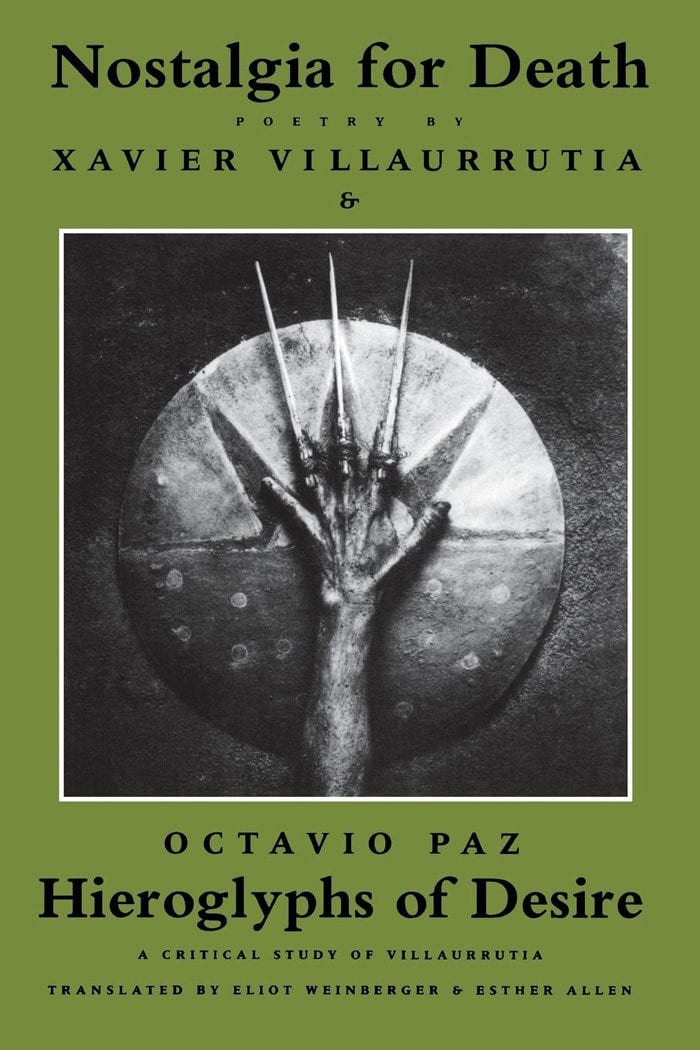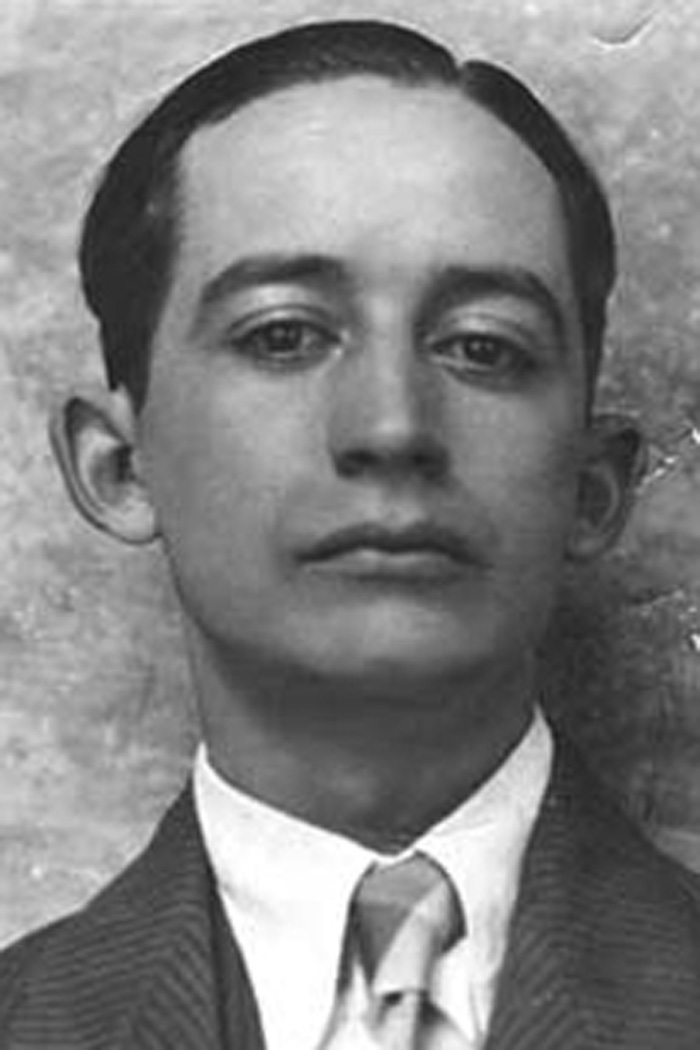
Xavier Villaurrutia was one of the very few Latin American writers in the first half of this century who was openly homosexual—an important Mexican poet who wrote, essentially, one book, Nostalgia for Death, translated here for the first time by Eliot Weinberger. As 1990 Nobel Laureate Octavio Paz makes clear in his book-length study, Hieroglyphs of Desire (translated by Esther Allen), Villaurrutia is a major poet of desire whose beloved is the death we live each day. His poems define life between the nocturnal and diurnal and have taken on added poignancy as uncanny prophecies of individual lives in the age of the AIDS epidemic.
ISBN: 9781556590535
Format: Paperback
To Go Back…
To go back to the distant country,
to go back to the forgotten country,
secretly deformed
by exile in this land.
To leave the air that encases me!
To anchor once again in nothing.
Night is my mother and my sister,
nothing is my distant country,
the nothing full of silence,
the nothing full of emptiness,
the nothing with no time, no cold,
the nothing where nothing happens.
Reviews
“When Villaurrutia contemplated the complexity of sensations and passions, he discovered that there are secret corridors running between dreaming and wakefulness, love and hate, absence and presence. The best of his work is an exploration of these corridors… Villaurrutia’s death is ‘the companion you speak to when you are alone,’ the voice without a body, the voice that does not speak words, the voice that says nothing. [He] has an extraordinary visual sensibility and almost all of his poems are paintings, but they are uninhabitated paintings: the central figure, death or love, is not there. Or rather: it is an invisible presence, the wind moving the curtains, the shadow drowning in the mirror.” —Octavio Paz, from Hieroglyphs of Desire
“The poems in this bilingual volume move from night to death to the final joyous realization that ‘it may just be possible / to live after having died.'” —Publishers Weekly
“The latest of Eliot Weinberger’s brilliant translations of Latin American poets brings to English the major volume of an impeccable Mexican modernist.” —Booklist
“One of the most important collections in recent memory.”—Los Angeles Times Book Review
“This is, in short, a fine translation of the work of a fine poet, one whom we owe it to ourselves to know better.” —Harvard Review



